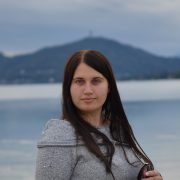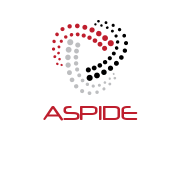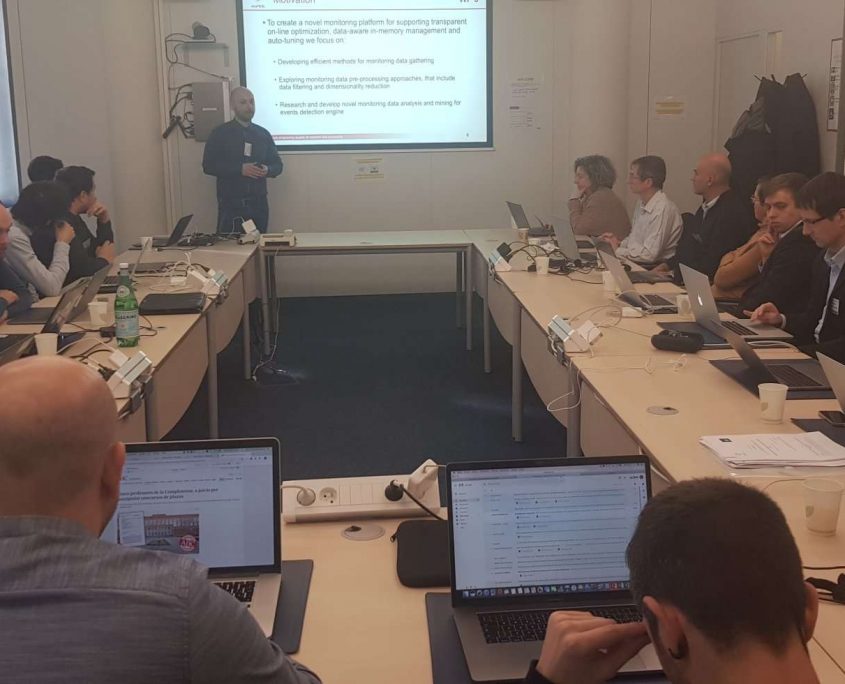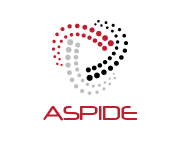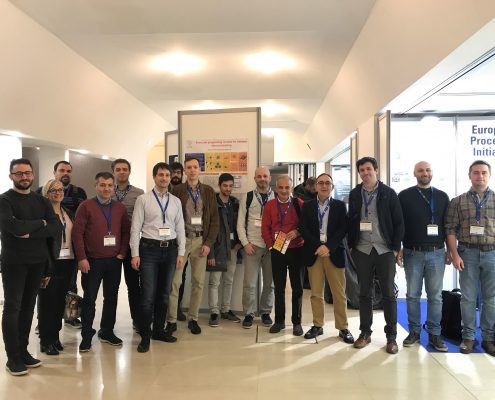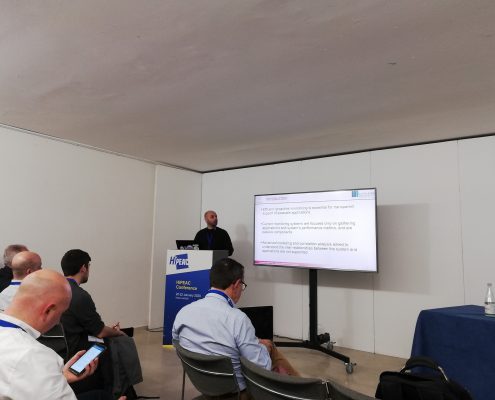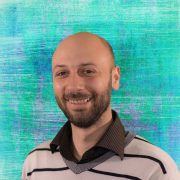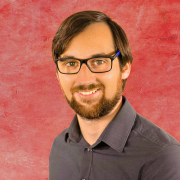Title of the talk: Mobility-Aware Scheduling of Extreme Data Workflows across the Computing Continuum
Abstract: The appearance of the Fog/Edge computing paradigm, as an emanation of the computing continuum closer to the edge of the network, unravels important opportunities for execution of complex business and scientific workflows near the data sources. The main characteristics of these workflows are (i) their distributed nature, (ii) the vast amount of data (in the order of petabytes) they generate and (iii) the strict latency requirements. Current workflow management approaches rely exclusively on the Cloud Data Centers, which due to their geographical distance in relation to the data sources, could negatively influence the latency and cause violation of workflow requirements. It is therefore essential to research novel concepts for partial offloading of complex workflows closer to where the data is generated, thus reducing the communication latency and the need for frequent data transfers.
In this talk we will explore the potential of the computing continuum for scheduling and partial offloading of complex workflows with strict response time requirements and expose the resource provisioning challenges related to the heterogeneity and mobility of the Fog/Edge environment. Consequently, we will discuss a novel mobility-aware Pareto-based approach for task offloading across the continuum, which considers three optimization objectives, namely response time, reliability, and financial cost. Besides, the approach introduces a Markov model to perform a single-step predictive analysis on the mobility of the Fog/Edge devices, thus constraining the task offloading optimization problem to devices that do not frequently move (roam) within the computing continuum. As a conclusion to the talk, we will discuss the efficiency of the presented approach, based on both a simulated and a real-world testbed environment tailored for a set real-world biomedical, meteorological and astronomy workflows.

